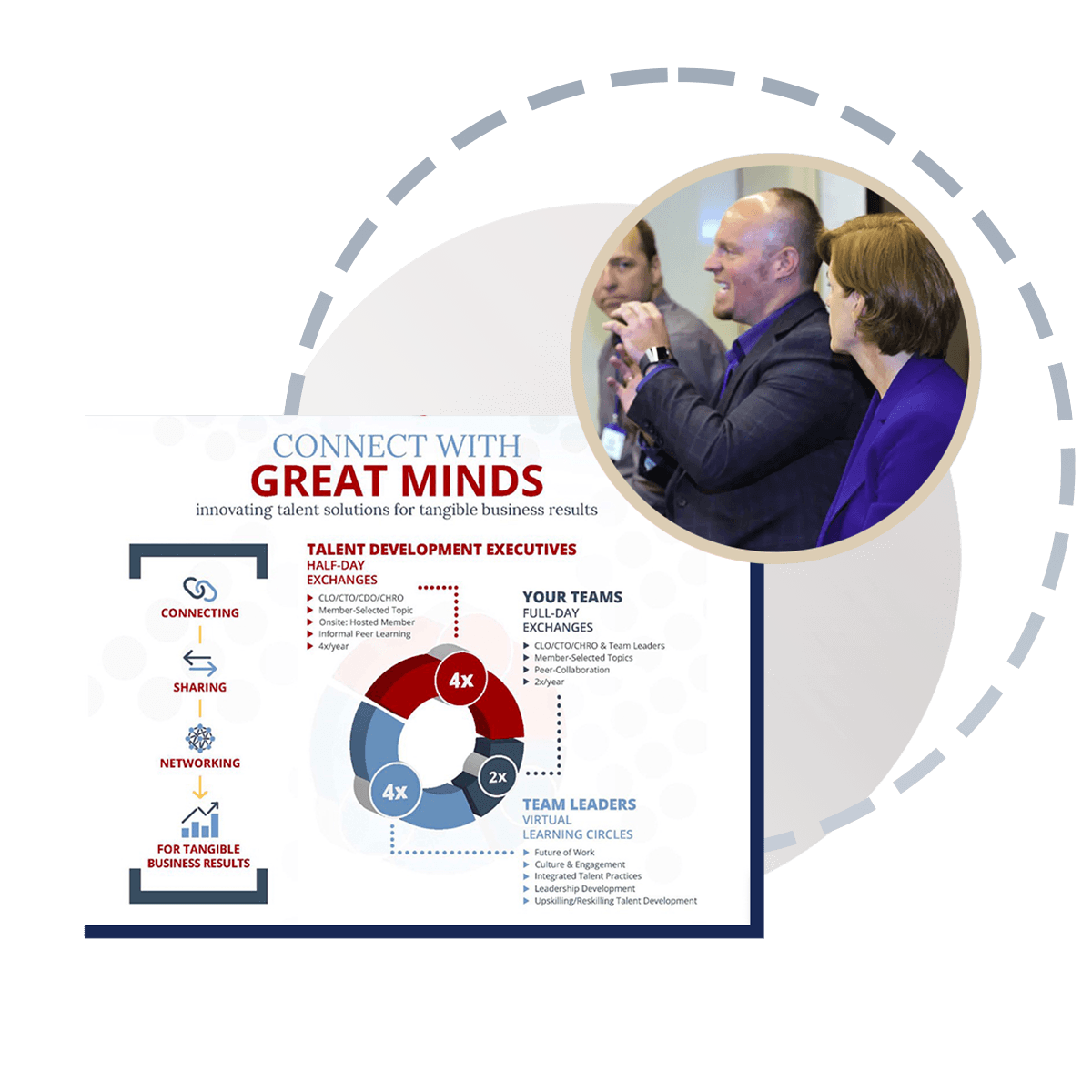Session Focus: A reflective discussion on the most impactful topics of 2024 and a strategic look ahead at the critical priorities shaping HR and talent development in 2025
"It's no coincidence that AI-focused events were the most attended. AI continues to be a hot topic, but the focus is shifting towards its role as a collaborator." -- Suzanne Sherry
 Photo credit: the event featured images designed by Freepik
Photo credit: the event featured images designed by Freepik
The HR landscape is rapidly evolving, with emerging technologies and shifting priorities demanding agile and adaptable leadership. This session highlighted key trends shaping the future of work and their implications for HR leaders. This insight post distills these key takeaways into actionable strategies for HR leaders to effectively navigate the changing landscape in 2025 and beyond.
1. The Rise of AI in HR
Artificial intelligence (AI) is transforming HR, automating routine tasks, providing data-driven insights, and personalizing the employee experience. HR leaders must embrace AI and develop strategies for its responsible use, ensuring that it complements human skills and enhances decision-making.
The traditional focus on job titles is becoming less relevant. Organizations are shifting towards a skills-based approach to talent management, recognizing the importance of identifying, developing, and rewarding skills. HR leaders must champion this shift, implementing systems and processes that support a skills-based talent strategy.
Continuous upskilling and reskilling are crucial for the workforce to stay relevant in the face of rapid technological advancements and evolving job roles. HR leaders must invest in robust upskilling and reskilling programs to address talent shortages, bridge skills gaps, and prepare the workforce for the future.
The hybrid work model has become increasingly prevalent, requiring leaders to adapt and manage a flexible workplace effectively. HR leaders must play a key role in developing policies, guidelines, and communication strategies that support a productive and inclusive hybrid work environment.
The diversity, equity, and inclusion (DEI) landscape is evolving in the face of legal and political challenges. HR leaders must stay informed about these developments, re-evaluate their DEI strategies, and ensure alignment with the evolving legal and political landscape.
HR leaders must prioritize leadership development programs that equip leaders with the skills and competencies needed to navigate the changing world of work. This includes managing hybrid teams, leveraging AI responsibly, fostering a culture of agility and adaptability, and driving innovation.
By embracing these key takeaways, HR leaders can effectively navigate the future of work, drive organizational success, and create a thriving workplace for all employees.
